

Dr Christopher Tufton, minister of health and wellness, on Tuesday (November 23) updated Parliament on the Animal Assisted Recovery and Care Pilot Project, a new pilot project that embodies innovation in public health and which has never before been used in Jamaica.
The Animal Assisted Recovery and Care Pilot Project is to be implemented at the Bustamante Hospital for Children, starting this Christmas for 18 months.
The project has as its objectives:
- to reduce the anxiety and stress associated with hospitalisation;
- to reduce the length of hospitalisation;
- to reduce the need for pharmacological interventions; and
- to improve the social environment for healthcare delivery.
Animal-Assisted Interventions, AAIs, are recognised globally as having widespread benefits for both patient and healthcare staff.
An AAI is defined by the International Association of Human-Animal Interaction Organisations (IAHAIO) as “a goal oriented and structured intervention that intentionally includes or incorporates animals in health, education and human services (e.g., social work) for the purpose of therapeutic gains in humans”.
EXTENSIVE, ONGOING RESEARCH INTO ROLE OF AAIs
The WHO’s ‘One Health’ approach to healthcare delivery recognises the interconnection between the health of humans, animals and environment. An important component of this approach involves the concept of zooeyia, which underscores the multiple benefits of humans interacting and bonding with animals for health such as positive psychosocial development.
There is extensive and ongoing research into the role of AAIs in providing complementary healthcare for paediatric patients in the United States. The results underscore that paediatric patients who participate in AAIs experience a reduction in behavioural and psychological distress; less painful distress; lower levels of depression; shorter recovery time; and improved satisfaction with hospitalisation.
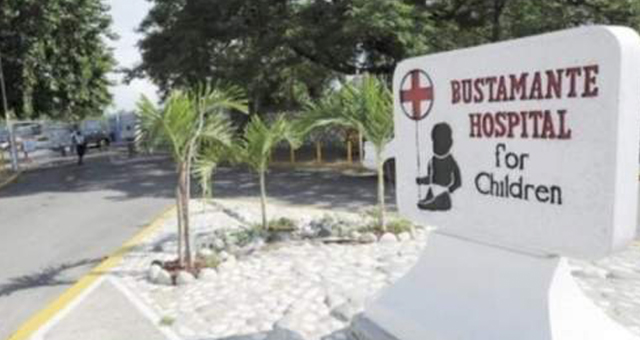
Further, there is overwhelming evidence which show the physiological benefits, such as reduction in blood pressure and heart rate; the psychological benefits including the reduction of stress and anxiety; and social benefits such as the enhancement of communication and social interaction, when patients are exposed to Animal Assisted Therapy. These are particularly important in the acute setting when patients and families are dealing with the stress and anxiety of illness and injury, as well as the unfamiliar and intimidating environment of a hospital.
RELEVANCE
The health ministry, through its service delivery arm, the regional health authorities, utilises mainly pharmacotherapy to alleviate patient’s anxiety or other psychological symptoms. However, these interventions do not always effectively manage patients’ total biopsychosocial care. Evidence in other jurisdictions outline that Animal Assisted Recovery and Care programmes can be utilised to complement pharmacological interventions, which will lead to improved patient outcomes.
In Jamaica, there has never been an AARC project and, therefore, in order to evaluate its effectiveness in the hospital setting and its effect on paediatric patients, this pilot is proposed. The project is a patient-centered intervention that will complement healthcare delivery to hospitalised paediatric patients undergoing procedures or who require long-term hospitalisation. The facility has been assessed to ensure safe and effective interactions between the patients and the animals.
THE ANIMALS
Several animals will be used in the project.
Colleagues, please meet Dr Teddy Barks, affectionately known as ‘Teddy’. Teddy, a Golden Retriever, is the brand ambassador for the project and will be our main therapy animal. Other animals – including birds, rabbits, and kittens – will also participate following appropriate screening. They are to come from either the Jamaica Society for the Prevention of Cruelty to Animals (JSPCA), The Hope Zoo or the Montego Bay Animal Haven. The Hope Zoo, will be responsible for Teddy’s full care and maintenance.
Of note is that a staff sensitisation session was conducted at the hospital on April 28 this year. The purpose of the session was to provide an overview of the pilot and obtain feedback and recommendations prior to implementation.
RISK MANAGEMENT
Risk mitigation strategies will be guided by a Policy and Procedural Guideline document that was developed to outline the contingent actions for the safe implementation of the AARC Pilot Project. The document was created in collaboration with representatives from diverse disciplines including epidemiology, veterinary, human medicine and healthcare administration and covers several areas including, but not limited to, policies and procedural guidelines on patient suitability, infection control and visitation protocols.
For paediatric patients to participate in the pilot, they should meet the Patient Inclusion Criteria as detailed in the document; and prior to participation, the consent of the parental or guardian must be obtained. The Policy and Procedural Guidelines also outlines various procedures that will be utilised to provide for the safety of the animals, patients, visitors, and employees involved in the Animal Assisted Recovery and Care Pilot Project.
INFECTION PREVENTION & CONTROL
The hospital has in place established Infection, Prevention and Control Protocols and the project will be implemented in keeping with these protocols. In the event that there is increased admissions of children, overcrowding and/or an outbreak of a communicable disease, implementation will be suspended.
In a 2021 report, the Caribbean Policy Research Institute outlined that currently there is limited data available on the mental health burden faced by children, as well as that the overall mental health services for children are inadequate and there is a need for specialised and consistent mental health services for children.
The introduction of the project at Bustamante provides an opportunity for further studies to be conducted on the mental health needs of paediatric patients as the hospital is the only specialist children’s hospital in the English-speaking Caribbean catering to patients from birth to 12 years.
ANTICIPATED OUTCOMES
A reduction in the physiological and self-reported symptoms of anxiety and depression are among the expected outcomes from the project, in addition to improvement in assisted and independent movement. Other expected outcomes include the provision of non-pharmacological method for addressing anxiety, stress and pain; reduction of anxiety and trauma associated with hospitalisation (procedures, surgery, phlebotomy and imaging); as well as a reduction of loneliness and depression in an unfamiliar setting.
OVERSIGHT COMMITTEE
Of course, this effort will not be without oversight. The South East Regional Health Authority (SERHA) will oversee the implementation of the project while a multi-sectoral AAI Committee has been convened to provide technical coordination and support. That Committee will monitor and evaluate the project to include animal handler compliance and animal welfare.
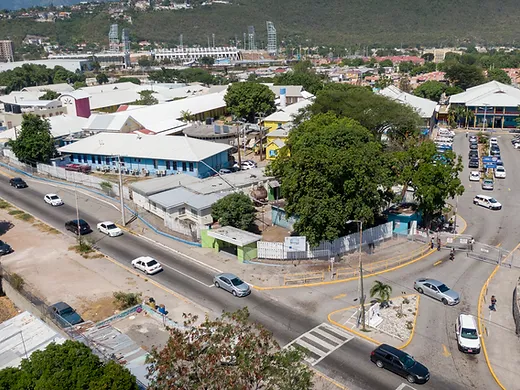
The Committee includes representatives from the Veterinary Services Division; Ministry of Agriculture and Fisheries; Jamaica Society for Prevention of Cruelty to Animals (JSPCA); Montego Bay Animal Haven; Hope Zoo; and representatives from SERHA; and the Ministry of Health & Wellness.
Evaluations will be done at six-month intervals; and a monitoring and evaluation framework has been developed to determine whether the pilot project is successful. If it is successful, a Cabinet submission will be made seeking approval for the development of an AARC Programme in Public Health facilities islandwide.
We look forward to the support of this Honourable House and of the people of Jamaica as we undertake this pilot in the public health interest.


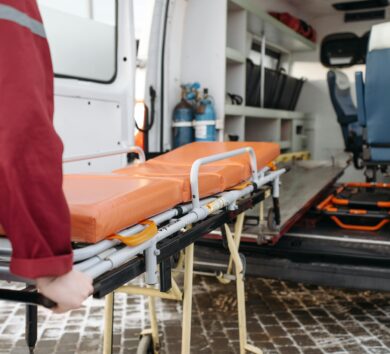

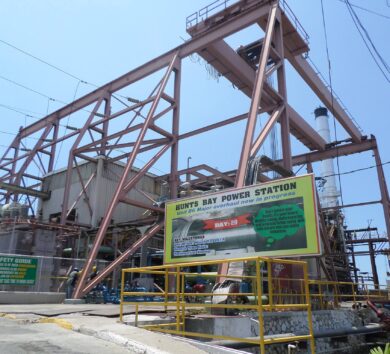

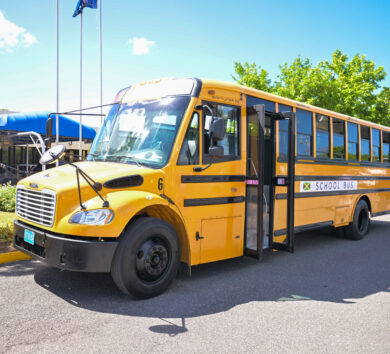
Comments